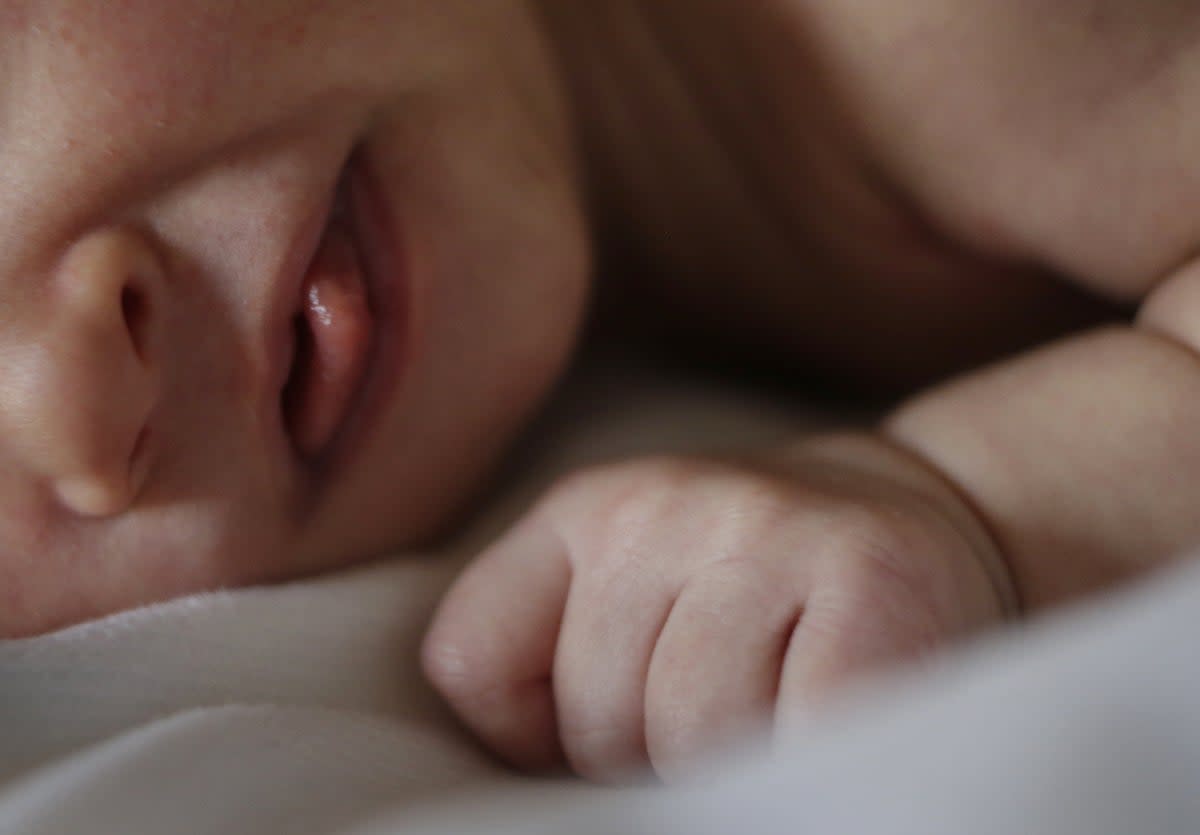Health visitors seeing ‘epidemic’ of families living in poverty, report warns

Nine in ten health visitors have reported an increase in families needing foodbanks in the past 12 months, according to a survey.
A study conducted by the Institute of Health Visiting (IHV) found that “epidemic” levels of poverty and pressure on the health and social care system are “undermining the life chances” of many children.
Health visitors are registered nurses or midwives who have additional training in community public health nursing. They visit parents through a minimum of 5 universal home visits from late pregnancy through to a developmental assessment at 2 years.
These visits usually take place in the home.
The iHV survived 1,323 health visitors between September and November 22 last year as part of their report, with nine in ten (91 per cent) saying they had observed an increase in the number of parents using foodbanks.
Eight in ten (83 per cent) reported an increase in perinatal mental illness, while three quarters (75 per cent) reported an increase in domestic abuse.
The report warned that children living with significant risk may not be detected as a result of cuts to health visitor services.
Just seven per cent of respondents said they felt confident that all families would be able to access the support they needed when a problem was identified.
And 84 per cent of those surveyed reported an increase in children with speech, language and communication delay.
The report urges ministers to “prioritise the first 1001 days of life” through a workforce plan, more funding and additional support for local authorities to help provide health visitor services of a high quality.
Alison Morton, Executive Director at the Institute of Health Visiting, said: “The findings paint a deteriorating picture of a health visiting workforce under immense pressure as practitioners struggle to meet the scale of rising need. Families are facing the brunt of these challenges with a widening postcode lottery of health visiting support across the UK.
“Because the first years of life are so important for lifelong health, wellbeing and success, ignoring this tsunami of unmet need being experienced by our youngest citizens risks undermining the life chances of so many children.
“It is not too late to change direction and pursue reforms, but the situation is serious. There is now unequivocal evidence that the current rate of health visitor workforce attrition, and insufficient training places to plug the forecasted gaps, is not sustainable and will jeopardise the delivery of all UK Governments’ child health programmes.”
A government spokesperson said: “We are committed to giving babies and children the best start in life, and we are investing around £300 million to fund a new three-year Family Hubs and Start for Life programme - improving health and education in 75 local authorities with high levels of deprivation.
“Local authorities are responsible for commissioning health visiting services and nationwide coverage of health visitor reviews improved during last compared with the year before.
“We have also provided at least an extra £1,200 of cost-of-living support to 8 million of the most vulnerable households, and are increasing benefits in line with inflation, meaning more than 10 million working age families will see an average increase of around £600.”

 Yahoo News
Yahoo News 
